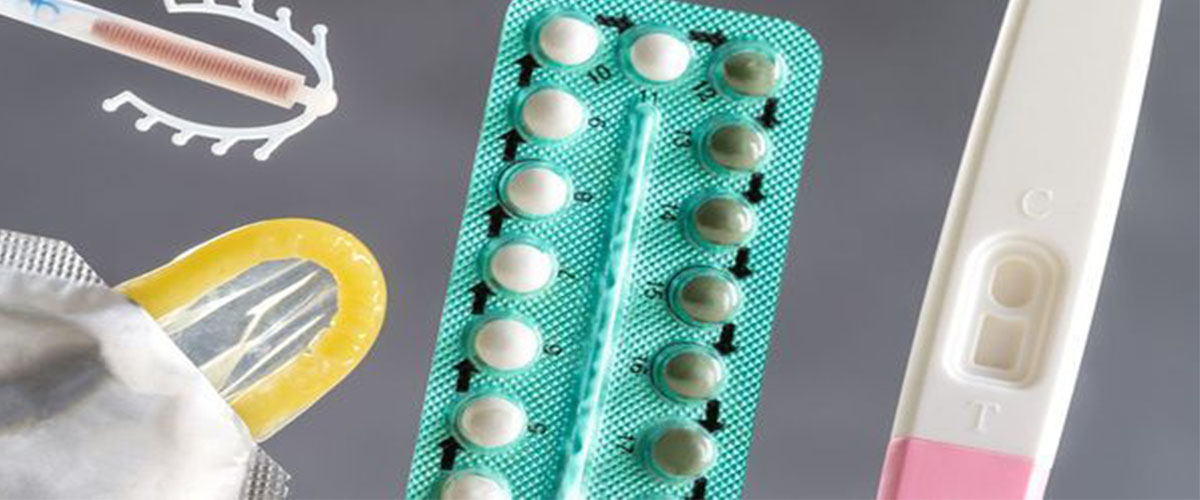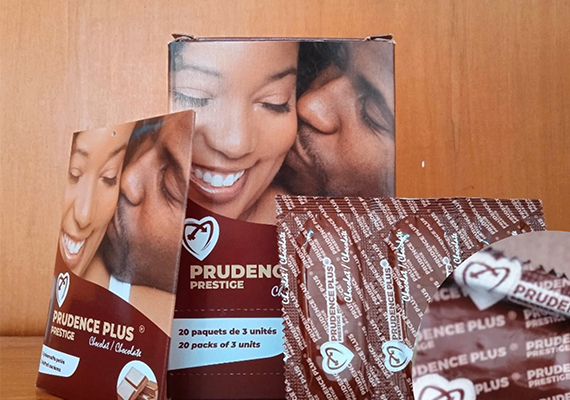Contraception: A Remedy for Abortion

Unwanted pregnancies can be a veritable brain teaser in contemporary society. Both, the stigma of carrying as well as “getting rid” of an unwanted pregnancy is a whole psychological process to conquer. Why not avoid the stress of illegal abortion and be on the safe side. Subscribe to one of the contraceptive methods below.
INTRAUTERINE DEVICE (IUD): An IUD is a small object that goes inside your uterus. There are two types of IUDs: Copper IUD - contains copper, a type of metal while the Hormonal IUD – contains the hormone progestogen (Mirena or Jaydess)
The IUD is put in your uterus by an experienced nurse or doctor. This is simple and safe. The procedure itself takes about 5 to 10 minutes, after which the doctor will explain how the insertion is done and will give you instructions about what to expect once your IUD is in place.
Emergency contraception: There are two options for emergency contraception: the emergency contraceptive pill (ECP) or a copper IUD. The ECP is approved to be taken up to three days after unprotected sex. If you are an average weight, the ECP is 98% effective. If you weigh more than 70kg, the ECP is less effective and a copper IUD is recommended. If you weigh more than 70kg and you choose to take ECP, you should ask if taking a double dose is the right option for you. The copper IUD can be inserted up to five days after unprotected sex, and is more than 99% effective at preventing pregnancy.
The Depo Provera injection: It is an injectable hormonal contraception, taken every 3 months. If it is respected, then this contraceptive method is more than 90% effective.
Barrier methods: this contraceptive method is based on the use of condoms. Condoms, one of the frequent contraceptive methods protects against sexually transmitted diseases and unwanted pregnancies.
BY Desmond Mbua
Source: www.familyplanning.org.nz










